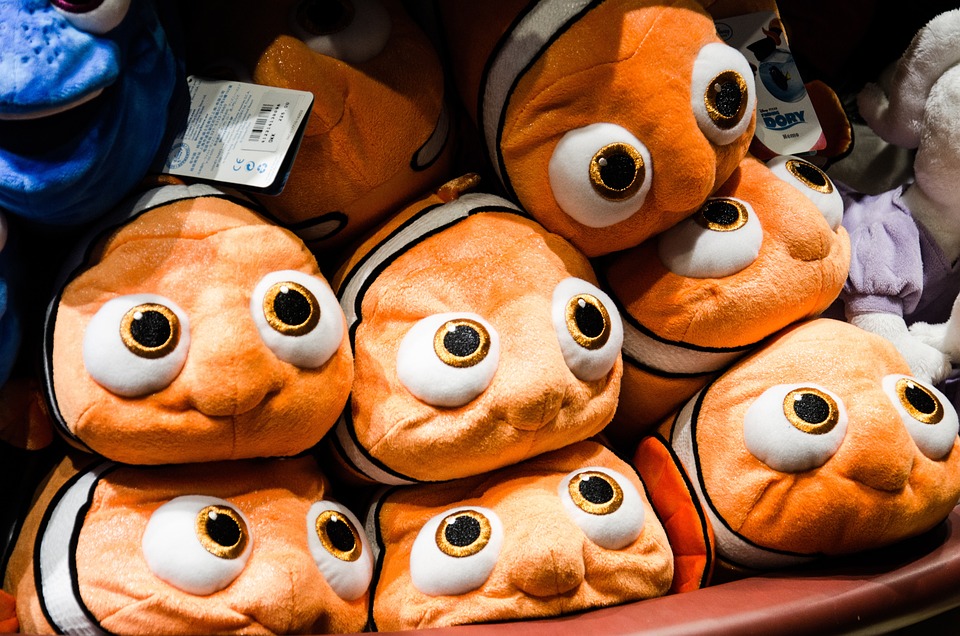Fish tank fish stress is a common issue that many aquarium owners face. It can lead to various health problems and even death if left unaddressed. In this article, we will explore the signs of fish stress, its underlying causes, and effective strategies to alleviate it. Additionally, we will provide answers to some frequently asked questions about fish tank fish stress.
Fish, like any other living creature, experience stress. However, it can be challenging to identify stress in fish as they show subtle signs. Here are some indicators that your fish may be stressed:
1. Unusual Behavior: Fish may exhibit abnormal swimming patterns, such as darting, excessive hiding, or staying motionless at the bottom of the tank.
2. Loss of Appetite: If your fish suddenly stops eating or shows a significant decrease in appetite, it could be a sign of stress.
3. Color Changes: Stressed fish may lose their vibrant colors or develop pale patches on their bodies.
4. Rapid Gill Movement: Observe your fish’s gills; if they are constantly flaring or moving rapidly, it suggests stress.
5. Aggression or Social Withdrawal: Fish that are stressed may become aggressive towards tank mates or isolate themselves from the group.
Understanding the root causes of fish tank fish stress is crucial for effective identification and resolution. Here are some common factors that contribute to fish stress:
1. Poor Water Quality: Water parameters, such as temperature, pH levels, and ammonia concentration, must be within optimal ranges. Deviations from these ranges can stress fish.
2. Overcrowding: Overpopulating your aquarium can lead to competition for resources, increased waste production, and territorial disputes among fish.
3. Incompatible Tank Mates: Introducing fish species that are incompatible or aggressive towards each other can cause stress and physical harm.
4. Inadequate Hiding Places: Fish require hiding spots to feel secure and reduce stress. Insufficient hiding places can lead to constant anxiety.
5. Improper Feeding: Feeding your fish an imbalanced or inappropriate diet can compromise their immune system, leading to stress and susceptibility to diseases.
Now that we have identified the signs and causes of fish stress, let’s explore effective ways to address and alleviate stress in your aquarium:
1. Maintain Optimal Water Quality: Regularly test and monitor water parameters. Perform necessary water changes and use appropriate water conditioners to ensure a clean and healthy environment.
2. Provide Sufficient Space: Avoid overcrowding your aquarium by adhering to the recommended stocking guidelines. Give each fish enough space to swim and establish territories.
3. Select Compatible Tank Mates: Research fish species thoroughly before introducing them to your aquarium. Ensure they are compatible in terms of size, temperament, and water parameter requirements.
4. Create Hiding Places: Incorporate various hiding spots, such as caves, plants, or driftwood, to offer shelter and security for your fish.
5. Offer a Balanced Diet: Provide a well-balanced diet consisting of high-quality commercial fish food, supplemented with occasional treats like live or frozen foods.
Here are some frequently asked questions about fish tank fish stress:
1. Q: Can stress in fish be contagious?
A: No, stress itself is not contagious among fish. However, if one fish becomes stressed due to aggressive behavior from another, it can create a stressful environment for the rest of the tank inhabitants.
2. Q: How long does it take for fish stress to resolve?
A: The time required for fish stress to subside depends on various factors, including the cause of stress and the fish’s overall health. With appropriate interventions, stress levels can decrease within a few days to a couple of weeks.
3. Q: Can stress lead to fish diseases?
A: Yes, prolonged or severe stress weakens a fish’s immune system, making it more susceptible to diseases. It is crucial to address stress promptly to prevent potential health issues.
4. Q: Should I remove a stressed fish from the main tank?
A: In some cases, it might be necessary to temporarily isolate a stressed fish to provide a calmer environment for recovery. However, it is advisable to consult with a veterinarian or experienced aquarist before making any decisions.
5. Q: Can certain fish species be more prone to stress?
A: Yes, some fish species are more sensitive and prone to stress than others. It is important to research and understand the specific care requirements of each species to minimize stress levels.
Recognizing and addressing fish tank fish stress is vital for maintaining the health and well-being of your aquarium inhabitants. By closely monitoring your fish for signs of stress, addressing the underlying causes, and implementing appropriate strategies, you can create a harmonious and stress-free environment for your aquatic friends. Remember, a stress-free fish is a happy fish!









